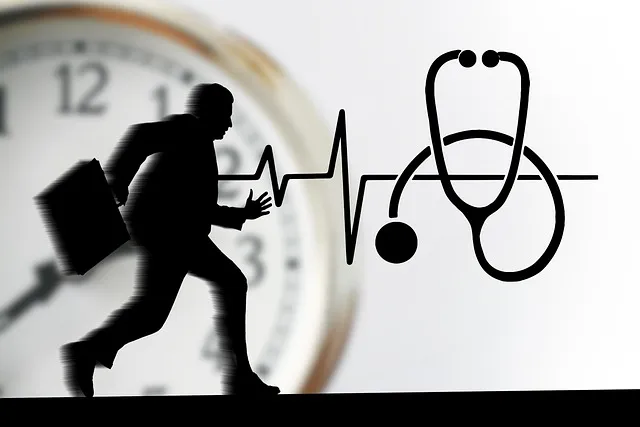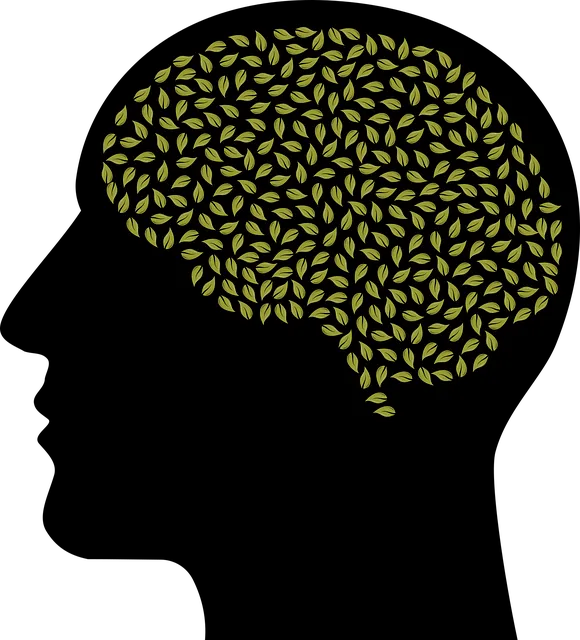Chronic stress, a significant concern at Kaiser Permanente mental health jobs in Castle Rock, can lead to physical and mental health issues like cardiovascular problems, anxiety, and depression. Recognizing its impact on relationships and quality of life, these mental health professionals promote proactive stress management through exercises, mindfulness, and peer support. They utilize evidence-based strategies such as therapy, support groups, and compassion cultivation techniques to teach effective coping mechanisms, enhancing self-esteem, resilience, and overall well-being.
Stress is a universal experience, but managing it effectively is key to overall well-being. This article explores the multifaceted nature of stress, its short-term and long-term impacts, and common triggers in daily life. We delve into evidence-based reduction techniques tailored for a healthier mind, including mindfulness, physical activity, breathing exercises, and nature therapy. Additionally, we highlight resources available through Kaiser Permanente mental health jobs Castle Rock to support individuals navigating stress.
- Understanding Stress and Its Impact
- – Definition of stress
- – Short-term vs long-term effects of stress
Understanding Stress and Its Impact

Stress is a natural response to challenging or demanding situations, but when it becomes chronic, it can significantly impact both physical and mental health. At Kaiser Permanente mental health jobs in Castle Rock, professionals emphasize that understanding stress is the first step towards effective management. Prolonged exposure to stressful conditions can lead to a range of issues, from increased blood pressure and heart rate to anxiety disorders and depression. This is particularly concerning given the growing importance of mental health policy analysis and advocacy, as organizations like Kaiser Permanente strive to improve access to care and promote well-being in communities across the nation.
The impact of stress extends beyond individual experiences; it can also affect interpersonal relationships and overall quality of life. For instance, low self-esteem and a lack of confidence can exacerbate stressful situations, creating a vicious cycle. By recognizing these interconnections, individuals can take proactive measures to manage their mental health, such as engaging in regular exercise, practicing mindfulness techniques, or seeking support from peers and professionals. These strategies not only help reduce immediate stress but also contribute to long-term self-esteem improvement and a stronger sense of resilience.
– Definition of stress

Stress is a natural response to demanding or threatening situations, characterized by physiological and psychological reactions that prepare our bodies for action. It can manifest as feelings of anxiety, tension, or pressure, often triggered by various factors such as work pressures, personal relationships, financial concerns, or health issues. The impact of stress can be profound, affecting both mental wellness and physical health if left unaddressed. At Castle Rock, Kaiser Permanente mental health jobs focus on providing comprehensive care to individuals facing these challenges.
The Crisis Intervention Guidance offered by these facilities emphasizes the importance of identifying and managing stress to enhance self-esteem improvement and overall mental wellness. By employing evidence-based strategies, professionals help individuals develop effective coping mechanisms to navigate stressful situations. Whether it’s through therapy, support groups, or mindfulness practices, these interventions aim to empower people to take control of their mental health and cultivate resilience in the face of life’s challenges.
– Short-term vs long-term effects of stress

Stress is a double-edged sword—it can serve as a motivator in short-term situations, but prolonged stress has detrimental effects on both mental and physical health. Short-term stress responses, often triggered by immediate threats or challenges, activate our fight-or-flight mechanism, preparing us to react quickly. This temporary increase in adrenaline and cortisol helps us perform under pressure. However, when stress becomes chronic, the constant activation of this system can lead to serious health complications, including anxiety disorders, depression, heart disease, and weakened immune function.
For mental health professionals like those at Kaiser Permanente mental health jobs in Castle Rock who deal with complex cases, managing stress is paramount. Practices such as Compassion Cultivation, which cultivates non-judgmental awareness and empathy, can be highly effective for both personal well-being and patient care. Additionally, a thorough Risk Assessment, considering factors like previous traumatic experiences (a key aspect of Trauma Support Services), is crucial to prevent burnout and ensure the best possible outcomes for patients facing long-term stress.
Stress is a universal experience, but managing it effectively is key to maintaining well-being. By understanding the nuances of stress and its impact on both short-term and long-term mental and physical health, individuals can empower themselves to reduce its hold. Whether seeking respite from daily pressures or aiming for profound shifts, Kaiser Permanente mental health jobs in Castle Rock offer a range of resources tailored to individual needs. Through these services, folks can navigate life’s challenges with resilience, cultivating strategies that promote balanced living and lasting well-being.






